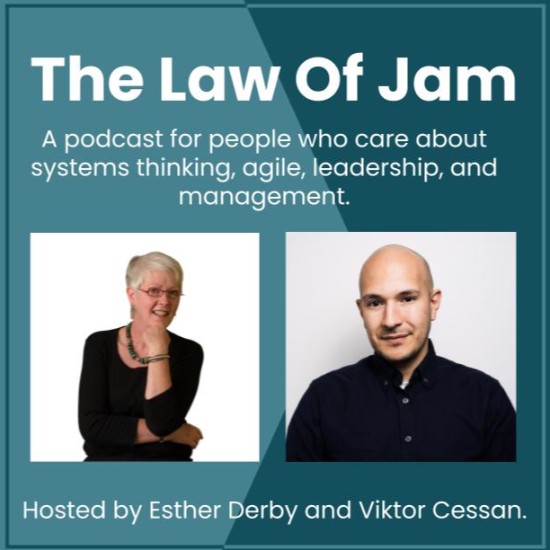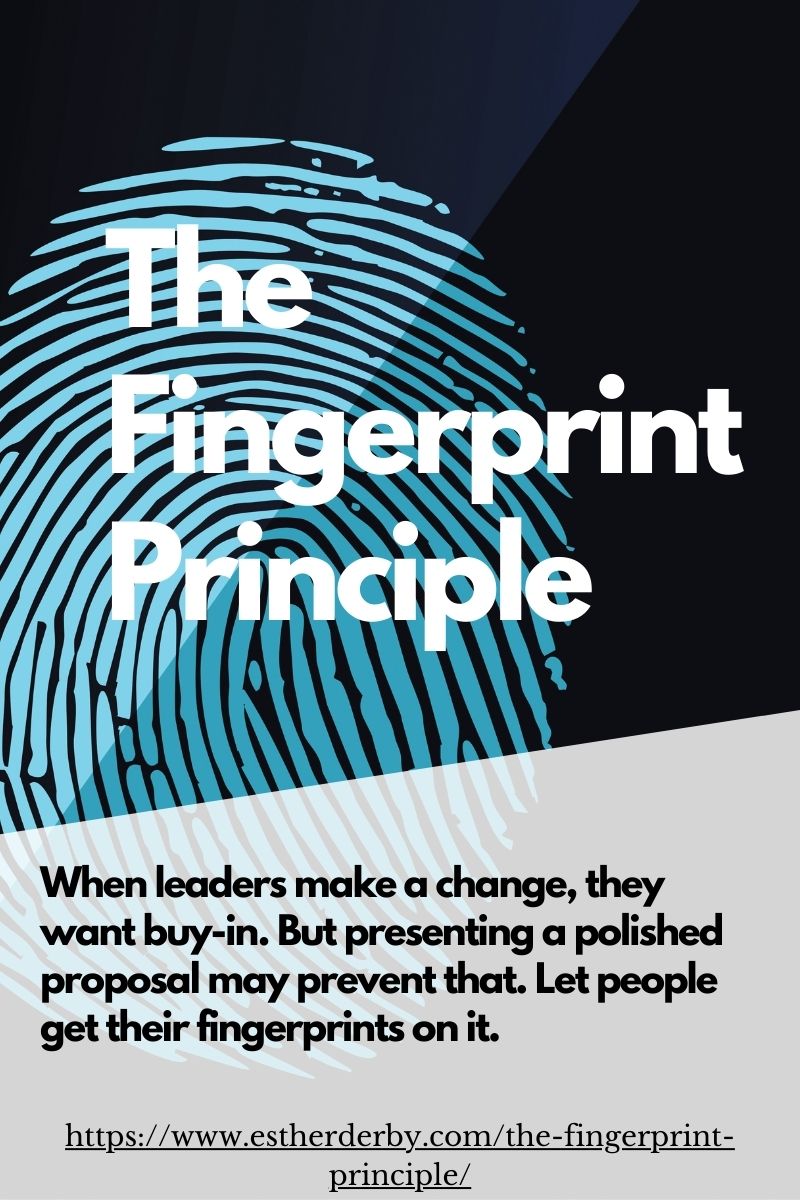This time of year is associated with giving gifts to others. But I think it is also a good time to think about the gifts we can give ourselves. One that we can all afford is the gift of reflection time.
Let me tell you a story.
I have a friend, Jen, who is a pure driver personality. Goal oriented, always in motion, a doer.
Jen asserts she became a better manager after she had children. Not because managing technical professionals is like managing children—it is emphatically not.
She became a better manager because she had time to reflect.
She didn’t experience a change of character or a moment of enlightenment as she gazed into her infant’s eyes. In the months after she returned from maternity leave, she spent time every day alone, in a quiet and private space, with few distractions. There wasn’t much to do but think… no TV, no internet, no phone (this long before we all carried a pocket-sized computer with phone capabilities). It was just Jen, a notebook, her breast pump, and reflection time.
At first, Jen worried time spent pumping was taking away from her management work. Over a few weeks, she realized she was calmer, more effective, and achieving better results. As she pumped, she had the mental space to reflect on how her decisions had played out, find patterns in events, contemplate problems, and think strategically. Her pump time allowed her to build a reflective practice.
The baby that prompted Jen’s reflection practice is an adult now. But she maintains her habit of reflection.
Taking time to reflect is neither selfish nor a waste of time. Reflection is essential to integrate experiences, extract insights, and develop new hypotheses for action.
Start Now
You do not have to be a nursing mother to do this. Nor do you have to take up meditation or set aside hours at a time.
Take advantage of whatever quite time you have or can create, even if it is only two minutes. Take your eyes off the horizon (if it is safe to do so), take a few deep breaths, and ask yourself. What is going on for me, right now?
You may reflect on what’s going on with your group. But you may reflect on you. How do you cope with conflict, what assumptions do you have about people, how do you respond when you feel angry or hurt or scared? How do your emotions effect the way you make decisions? What are your strengths–and when do those become weaknesses?
Like Jen, you may discover this small gift gives greatly.
Teams also need time to reflect. My Powerful Retrospectives online course will teach your team a structure for effective group reflection.







0 Comments